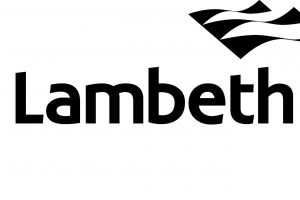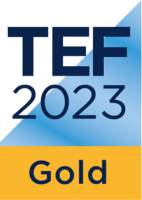Starts: 7 Jan 2025
This course is the second and final module of our GCSE Maths learning programme, which starts in term 1 with Module 1: Stepping Up to GCSE Maths. The course is designed to maintain the provision of a solid foundation in mathematics for students and to prepare them for the General Certificate of Secondary Education (GCSE) examination at the Foundation level. It is suitable for students who have successfully completed Module 1, "Stepping up to GCSE Maths," in term 1 and need to enhance their mathematical skills and knowledge up to grade 4 .









